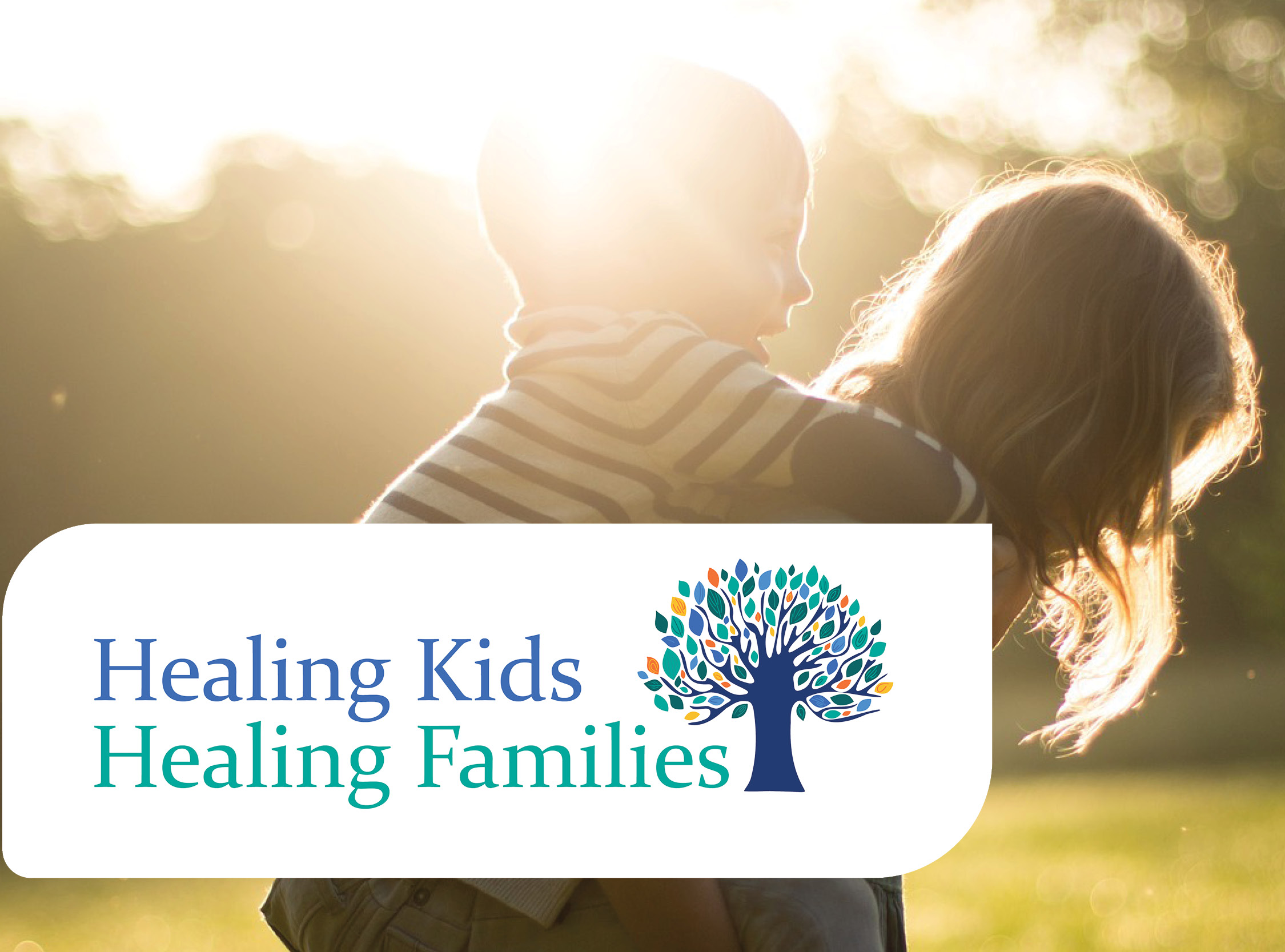Search
Research
Investigation of structural brain correlates of neurological soft signs in individuals at ultra-high risk for psychosisIncreased severity of neurological soft signs (NSS) in schizophrenia have been associated with abnormal brain morphology in cerebello-thalamo-cortical structures, but it is unclear whether similar structures underlie NSS prior to the onset of psychosis. The present study investigated the relationship between severity of NSS and grey matter volume in individuals at ultra-high risk for psychosis stratified for later conversion to psychosis.
Research
The psychosocial impact of rare diseases among children and adolescents attending mainstream schools in Western AustraliaLiving with a long-term medical condition is associated with heightened risk for mental health and psychosocial difficulties, but further research is required on this risk for children and adolescents with a rare disease in the educational setting. The aim of this study is to describe parents’ perceptions of the psychosocial impact of rare diseases on their school-aged children in Western Australia.
Research
Shared Decision Making With Young People at Ultra High Risk of Psychotic DisorderWhile the majority of young people who meet the criteria for being considered at increased risk of psychosis do not go on to develop a psychotic disorder, young people are currently being identified and treated in early intervention services.

The Healing Kids, Healing Families team strives to understand how trauma and adverse circumstances can impact a child and their family, and how we can help them to recover from these experiences.

Research
Psychological wellbeing outcomes across genders in childhood and adolescence aged 8–18 years: a population-level perspectiveThis study aimed to examine the difference in levels of psychological wellbeing outcomes of binary and non-binary transgender and cisgender students aged 8–18 years in South Australia using population-level data.
Research
“I don't really exist here”: A reflexive thematic analysis of dissociative symptoms described by adolescents and their parents and cliniciansDissociative symptoms are associated with a range of negative outcomes, yet little is understood about how adolescents experience dissociation in their daily lives. This study aimed to describe adolescents’ dissociative symptoms from the perspective of adolescents, their parents, and their treating clinicians.
Research
Coping Compass: co-designing a brief online positive psychology programme for youth with chronic conditionsThis article presents a case study of a 12-month co-design process with young people (16–25) living with chronic health conditions to create an online, self-guided intervention based on positive psychology. Following an established framework for co-designing with vulnerable consumers, the co-design process was designed with stakeholders to promote accessibility and maximise youth engagement in the design of the programme.
Research
Perceived stigma and self-stigma in young people at ultra-high risk for psychosis: Associations with identity-related, psychological and functional outcomesPerceived stigma and self-stigma negatively affect identity-related, psychological and functional outcomes among stigmatised populations. There is limited research exploring the impact of stigma among young people at ultra-high risk (UHR) for psychosis. We investigated the association of perceived stigma and self-stigma with these outcomes in young people at UHR.
Research
The Luminos Project: Co-Designing a Short-Stay Suicide Support Model for Young PeopleSuicide was the leading cause of death among young Australians aged 15-24 years old in 2023, with 392 lives lost. The continued high numbers of youth suicide demand urgent exploration of alternative approaches to suicide intervention in this population. The United Kingdom-based suicide service Maytree offers an innovative short-term stay for people experiencing suicidal thoughts. Grounded by the Maytree model-of-care, the aim of the current study was to co-design a short-stay service responsive to the specific needs of suicidal young people.
